Everyone needs a good night's sleep, but it can be challenging. Stress, anxiety, or a restless mind can keep you wide awake when you're instead drifting off. If you're tired of tossing and turning and want a natural solution, acupressure might help. It's a simple method to apply pressure to specific body parts, known as pressure points for better sleep, relaxation, and ease into sleep.
What Is Acupressure?
Traditional Chinese medicine uses acupressure, an ancient technique. It's a lot like acupuncture but without the needles. You simply press certain points on your body to stimulate natural chemicals, like endorphins, which help you relax and feel good. These pressure points for better sleep help with tension, pain relief, and improved sleep quality.
One great thing about acupressure is that you can do it right at home. You don't need a professional, but you can always get extra guidance if you'd like. Whether you're using it for help with insomnia or just trying to unwind after a long, stressful day, it's an easy and gentle way to help your body relax-especially when you're feeling too stressed to sleep.
Can Acupressure Help You Sleep Better?
While acupressure isn't as heavily researched as other treatments, early studies show it can help with sleep. One study found that 60% of people with sleep issues reported better sleep after ten days of acupressure. Another study involving older people with high blood pressure showed that acupressure helped them sleep better and even improved their blood pressure.
Even if part of the benefit comes from the placebo effect, better sleep is better. So, if you've been struggling to get enough rest, acupressure for insomnia is a low-risk option.
How to Use Acupressure to Help You Sleep
Here are some key pressure points for better sleep that you can try at home:

- KD1 (Middle of the Foot): This point is located just behind the middle toe on the bottom of your foot. Pressing here can help calm your energy and prepare you for sleep.
- SP6 (Inner Lower Leg): This point is about four inches above your ankle on the inside of your leg. It's also known to help with menstrual cramps and digestive issues, which makes it great for overall relaxation.
- PC6 (Middle of the Arm): Located about three inches up from your wrist, between two tendons, this point can improve sleep and relieve nausea and headaches.
- HT7 (Outer Wrist): Known as the "Spirit Gate," this point is on the outer wrist, near your pinkie finger. Pressing here can help quiet your mind, making it easier to fall asleep.
- An Mian (Behind the Ear Lobe): This point is just an inch behind your ear lobe. It's excellent for relaxation and sleep and also helps reduce anxiety, making it one of the best pressure points for anxiety and sleep.
- Yin Tang (Between the Eyebrows): This point is called the "third eye." Applying pressure here can relieve stress and anxiety, which can help you sleep better.
To use these pressure points, apply gentle, steady pressure for about 30 seconds on both sides of your body. Use a circular motion or simply hold the pressure. If you're unsure where to start, consulting a professional might be a good idea to ensure you're applying pressure correctly.
Are There Any Risks?
Generally, acupressure is very safe. But there are a few things to keep in mind. If you're pregnant, it's essential to check with your doctor before trying acupressure, as some points might not be safe. Also, avoid applying pressure on areas where you have injuries, numbness, or blood clots.
The key is to make sure the pressure feels soothing and never painful. If it doesn't feel right, ease up or stop altogether. If done correctly, acupressure is a gentle, natural way to support better sleep without many risks.
Who Can Benefit from Acupressure?
Research suggests that acupressure can benefit people with chronic conditions like cancer. One study found that 79% of cancer patients who tried acupressure experienced improved sleep quality.
Post-menopausal women who have insomnia also seem to benefit. For those experiencing both anxiety and sleep issues, using pressure points for anxiety and sleep can help reduce stress and encourage relaxation before bed.
While acupressure isn't a cure-all, it can be beneficial for anyone struggling with sleep problems due to anxiety, chronic illness, or hormonal changes.
When to See a Doctor
If you're having occasional sleepless nights, acupressure might help you get back on track. But if your sleep problems are more long-term, it's a good idea to consult a doctor. Ongoing insomnia could be a sign of an underlying condition that needs treatment. Sometimes, a sleep study can help pinpoint the cause.
Getting a professional opinion is always wise if you need clarification on what's going on with your sleep.
Time for a Better Night's Sleep

Enough rest is key to your health and happiness. Acupressure offers a simple, natural way to wind down and improve your sleep. Using these pressure points for better sleep makes it easier to relax and get the rest you need. Combine it with other sleep-friendly habits like darkening your room, using soothing music, or practicing meditation.
At Blissful Nights, we believe everyone deserves a great night's sleep. We designed our mattresses to give you comfort and help you sleep better. If you've been struggling with sleep issues, try acupressure with one of our mattresses to create the perfect sleep environment. Ready for a blissful night? Check out our collection and start sleeping better today!Frequently Asked Questions
Can pressure points help with insomnia?
Yes, studies show that acupressure can improve sleep quality for many people, making it an excellent option for insomnia relief.
How long should you hold a pressure point to sleep?
Hold each pressure point for about 30 seconds. You can apply gentle pressure or use a circular motion.
Are there any risks with using pressure points for sleep?
Acupressure is generally safe, but pregnant individuals or people with injuries should consult a doctor before trying it.



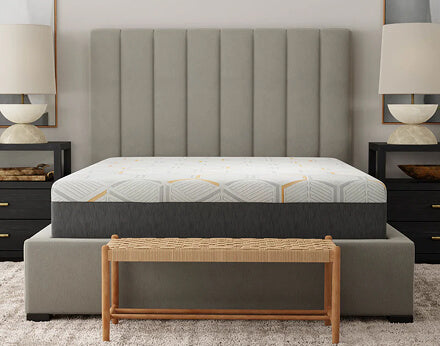
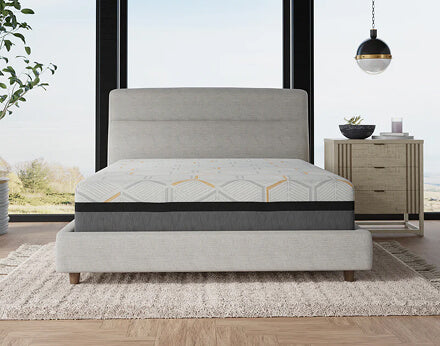
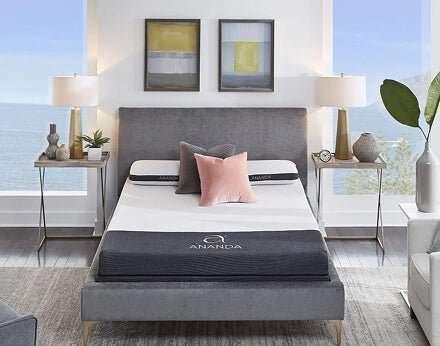
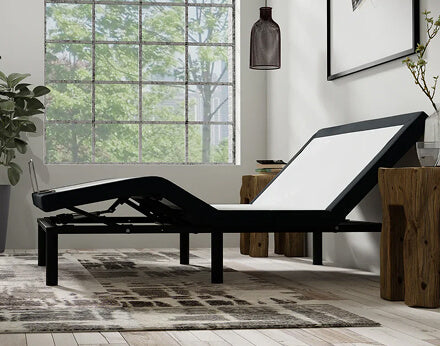
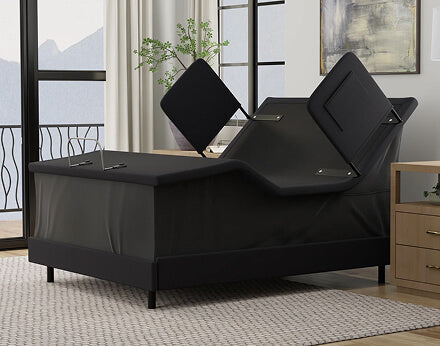
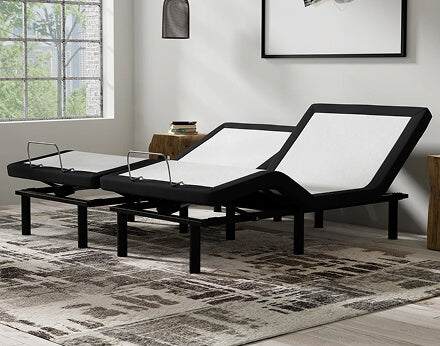
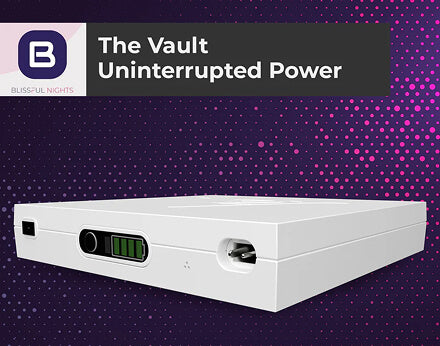
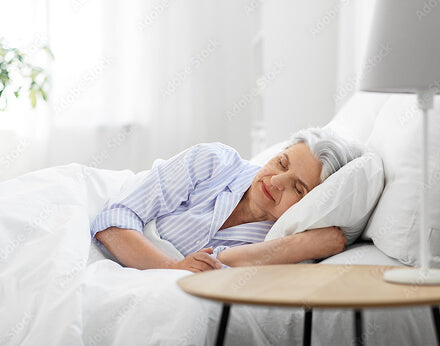
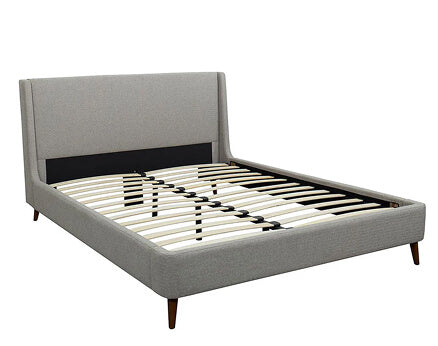
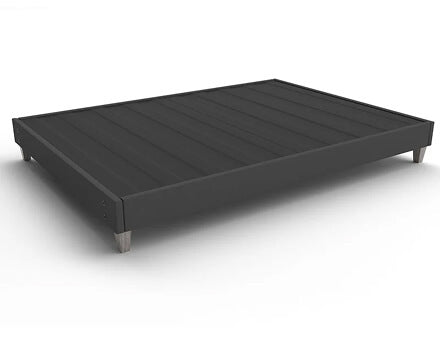
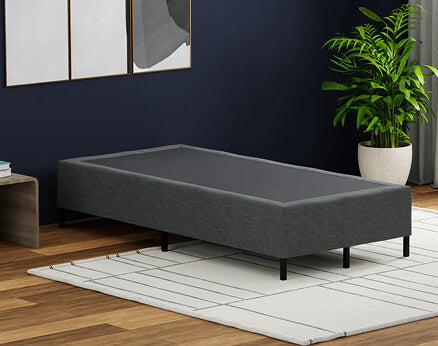
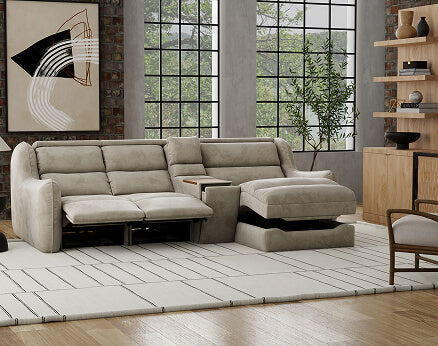
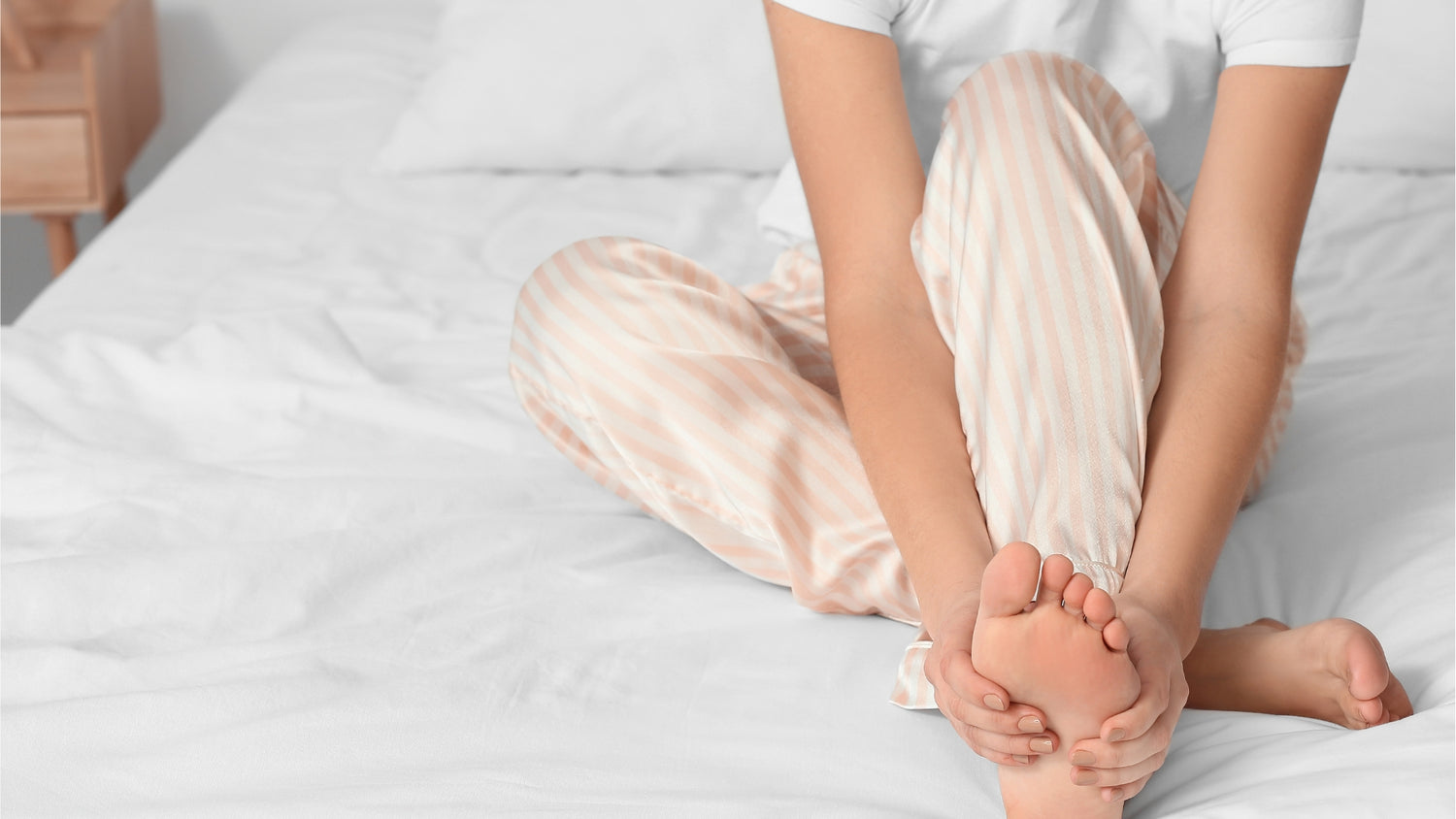

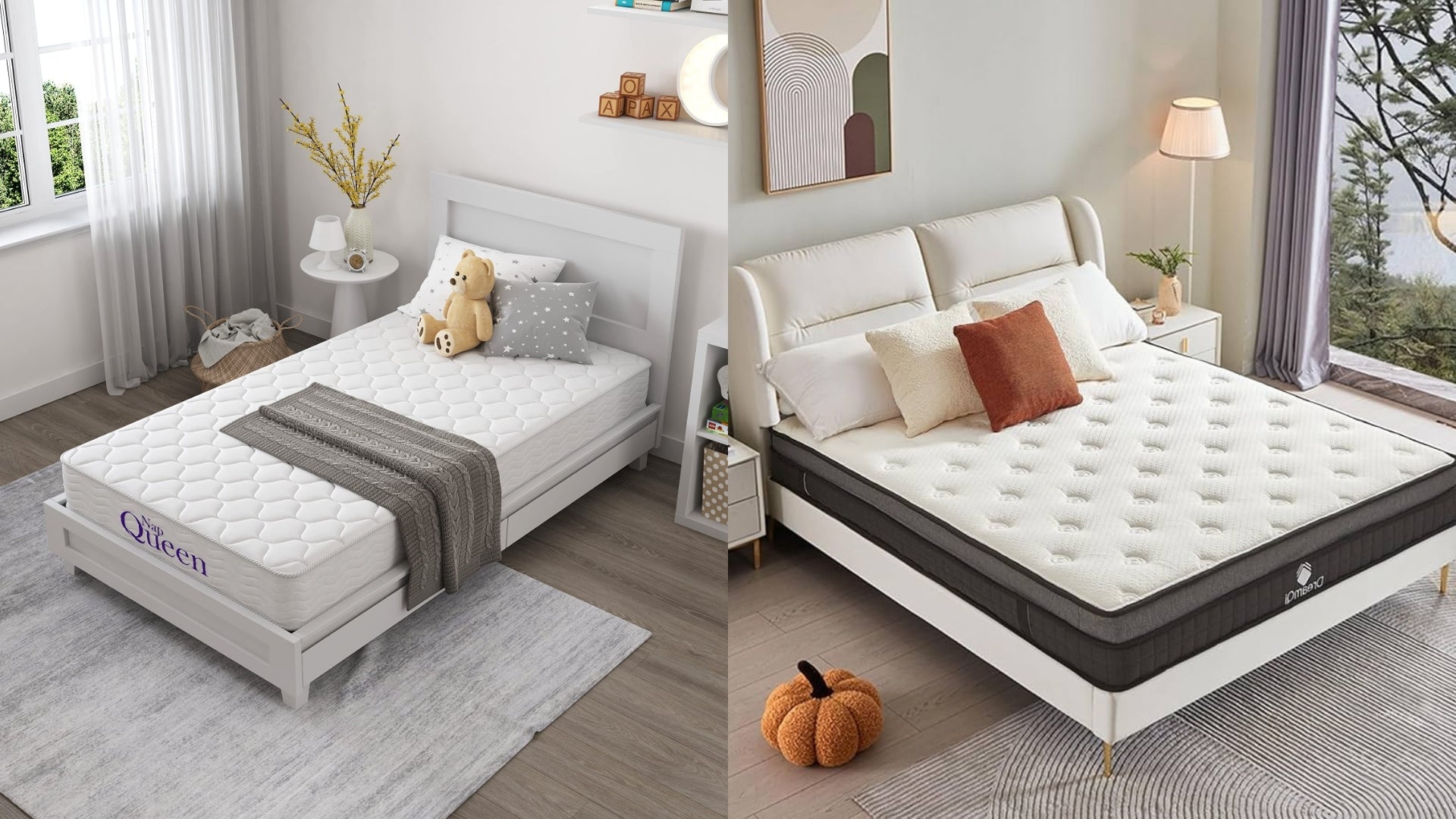
Leave a comment
This site is protected by hCaptcha and the hCaptcha Privacy Policy and Terms of Service apply.